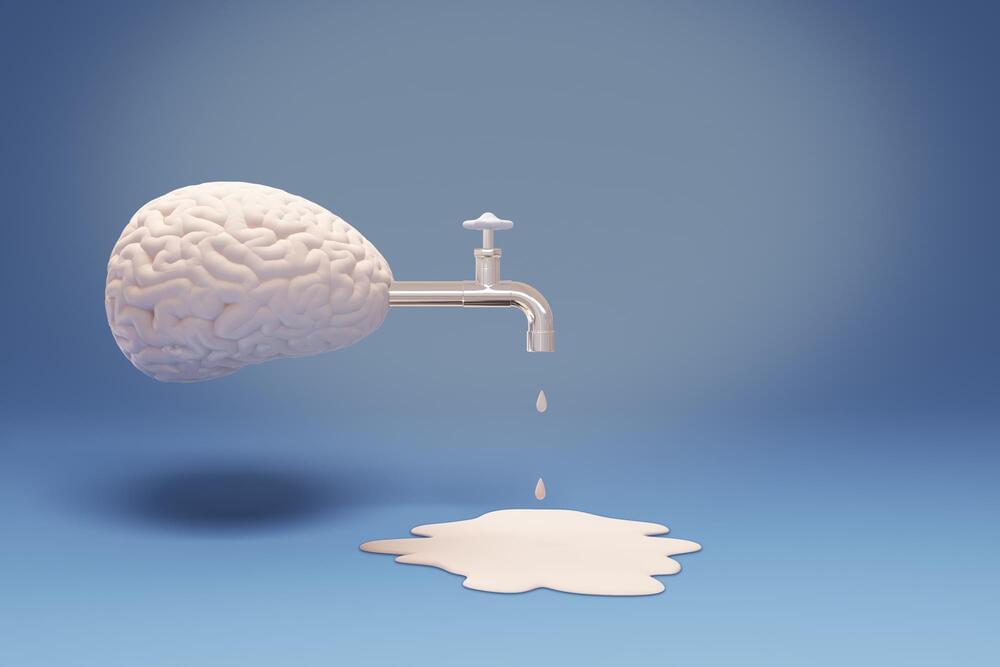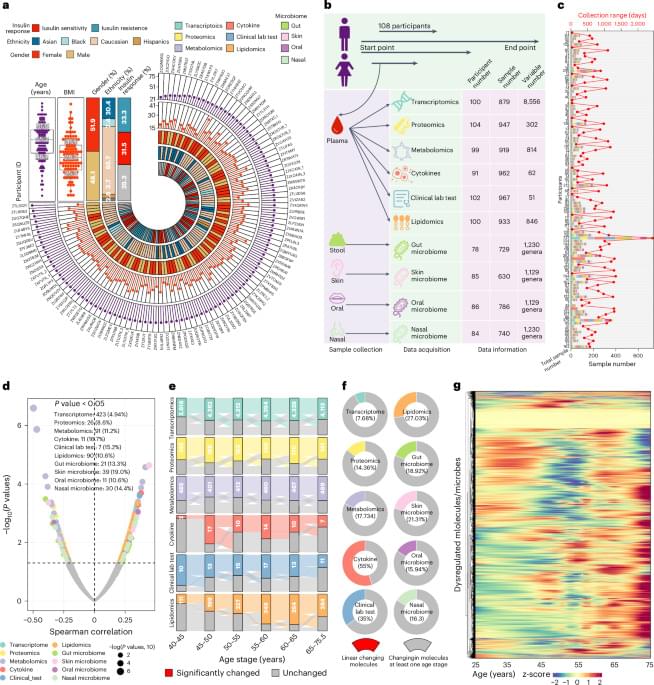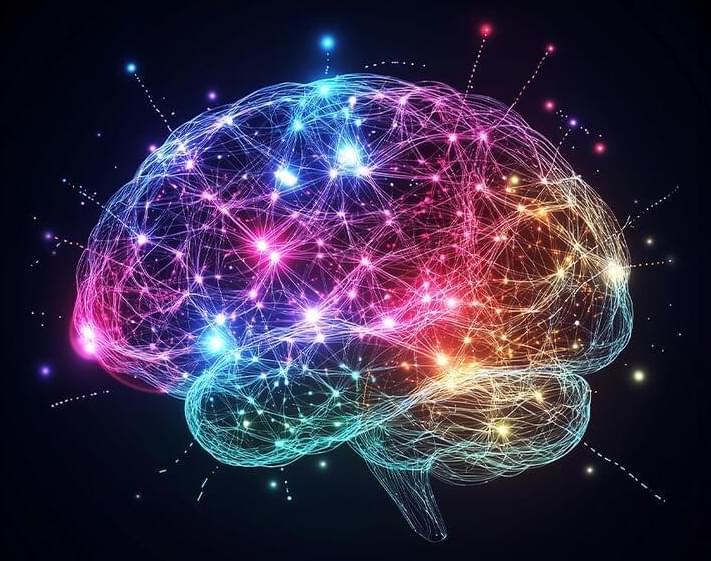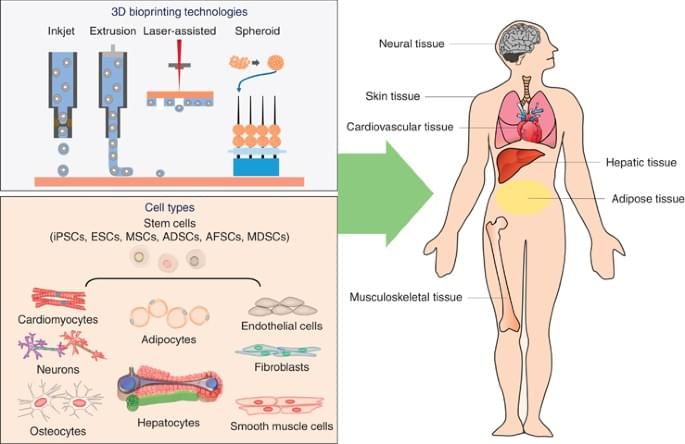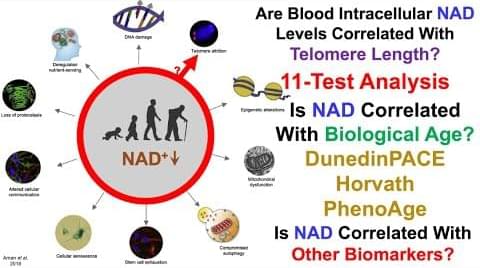Aug 15, 2024
Common drug restores youthful function to clean up aging brains
Posted by Cecile G. Tamura in categories: biotech/medical, life extension, neuroscience
First described by Nedergaard and her colleagues in 2012, the glymphatic system is the brain’s unique waste removal process that uses cerebrospinal fluid (CSF) to wash away excess proteins generated by energy hungry neurons and other cells in the brain during normal activity.
A drug used to induce labor in pregnant women has been shown to reactivate tiny waste-clearing pumps in the brains of old mice. The finding could hold promise as a new way to fight Alzheimer’s and Parkinson’s diseases and overall cognitive decline.
When our brains are working properly, there is an excess of proteins that build up from the energy intensive processes that take place between our neurons. Those proteins need to be removed in order for the brain to continue to operate properly. When they aren’t, they can gunk up the works, leading to the beta amyloid and tau protein tangles that are a hallmark of Alzheimer’s disease or the build up of alpha-synuclein that accompanies Parkinson’s.
Continue reading “Common drug restores youthful function to clean up aging brains” »
